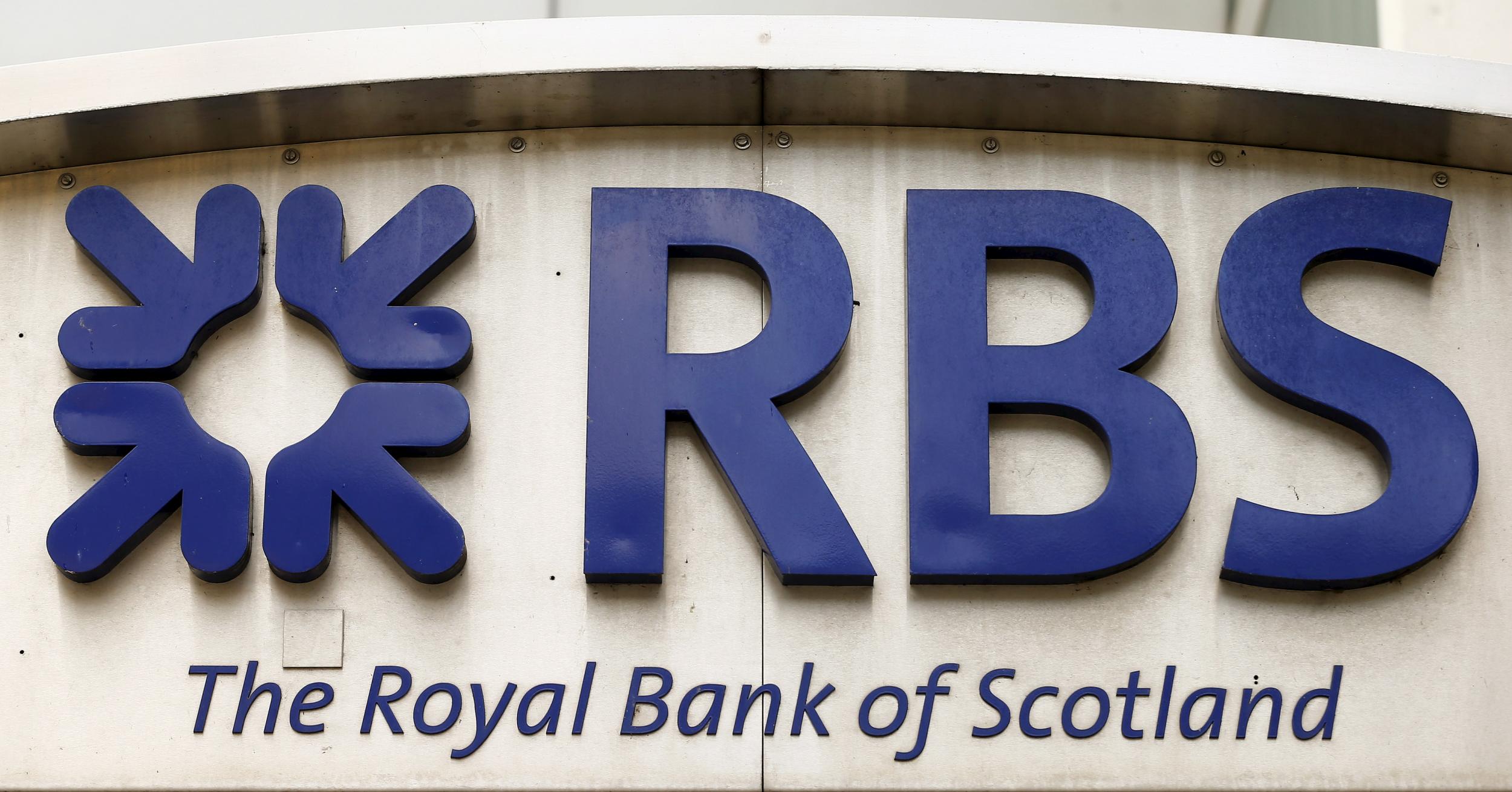RBS share sale: There is no economic justification for taking a £2.1bn loss
The state has just thrown away the annual salary of nearly 92,000 newly qualified teachers or nurses

The human brain has trouble processing big numbers like, say, 2.1 billion, which is how much in pounds the government has just thrown away through the latest sale of the taxpayers’ shares in RBS. That is why it’s worth indulging in one of those exercises to consider what else you could do with the money.
Without further ado, £2.1bn is the amount Harrods’ well-heeled shoppers spent throughout the course of 2016. It would buy you just over 23 Gareth Bales, based on Real Madrid’s reported asking price for the Welsh wunderkind. It would pay for the reconstruction of London’s Barts Hospital twice over. It would cover the £200m estimated budget of Solo: A Star Wars Story 10 times over. It would pay the annual salaries of nearly 92,000 newly qualified teachers or nurses, or more than 27,000 newly appointed NHS consultants.
In corporate terms, it was the purchase price for WS Atkins – a British multinational engineering, project management and design outfit – when it was gobbled up by Canadian company SNC-Lavalin last summer. At the time the company employed 18,000 people in 300 offices in 29 countries.
In other words, £2.1bn is an absurd amount of money to pour down the toilet. And yet there has been remarkably little debate about doing so via the RBS sell off.
Sensing that people might be a little upset, the government dispatched only a junior minister, John Glen, economic secretary to the Treasury, to defend the action on the BBC’s Today programme. He told listeners that we “need to be realistic” and “look at market conditions”.
The problem with that line? A realistic look at market conditions would tell you that now is a rotten time to be selling bank shares, what with the turmoil that Italy is causing in the eurozone, not to mention the damage Mr Glen’s government is doing to every man jack of us with its Brexit policy.
But, but, but, say the defenders, it will take years for RBS shares to break through the 500p barrier. We need to get going now. Private investors don’t like state-backed institutions. This will show them that there is no intention for RBS to remain that way and will whet their appetites for more sales down the line.
I’m not sure what that says about Saudi Aramco, the oil company backed by the state of Saudi Arabia. You may have noticed that the world’s financial centres, including London, have been falling over each other in an attempt to land the flotation of that entity because every man and his dog wants a piece of the investment action.
The fact is, it doesn’t matter if there is a government of some description on a shareholder register, and it doesn’t matter if there is a stock overhang. It doesn’t matter if the governance of company X is awful and there is a remuneration plan in place to give a dodgy CEO 10 per cent of the equity for hitting some easily achievable target, or even no target at all, because if the City scents value, investors will steam in. If RBS shares look cheap, institutional investors will buy regardless.
This is not an argument for the bank to remain in state hands. It is simply a suggestion that the government is proceeding with undue haste now the bank has paid its whopping US fine for its involvement in the mortgage-backed securities market in the run up to the financial crisis.
It is true, as banking analyst Ian Gordon has pointed out, that RBS shares are trading at close to a two year high, and have outperformed other UK bank shares in the year to date.
But that’s what you would expect to see happening with a recovery play.
If, as Mr Glen has stated, RBS is “a completely different institution to where it was 10 years ago” then the government should sit back and wait for the market to wake up to that fact because, as shadow chancellor John McDonnell has stated, there is simply no economic justification for its current policy.
Join our commenting forum
Join thought-provoking conversations, follow other Independent readers and see their replies
Comments
Bookmark popover
Removed from bookmarks